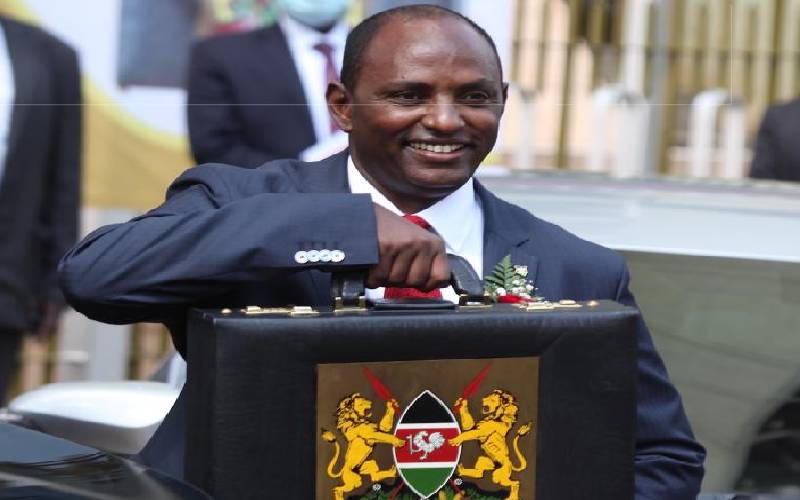×
The Standard e-Paper
Kenya’s Boldest Voice

Collins dictionary defines a Greek tragedy as “a play in which the protagonist, usually a person of importance and outstanding personal qualities, falls to disaster through the combination of a personal failing and circumstances with which he or she cannot deal”.